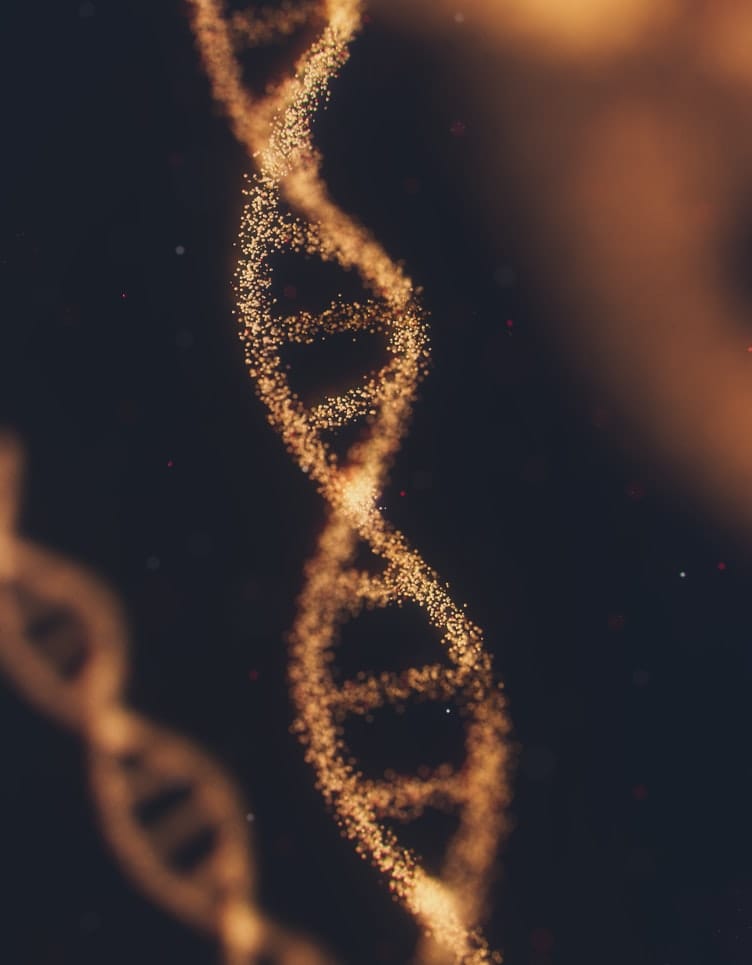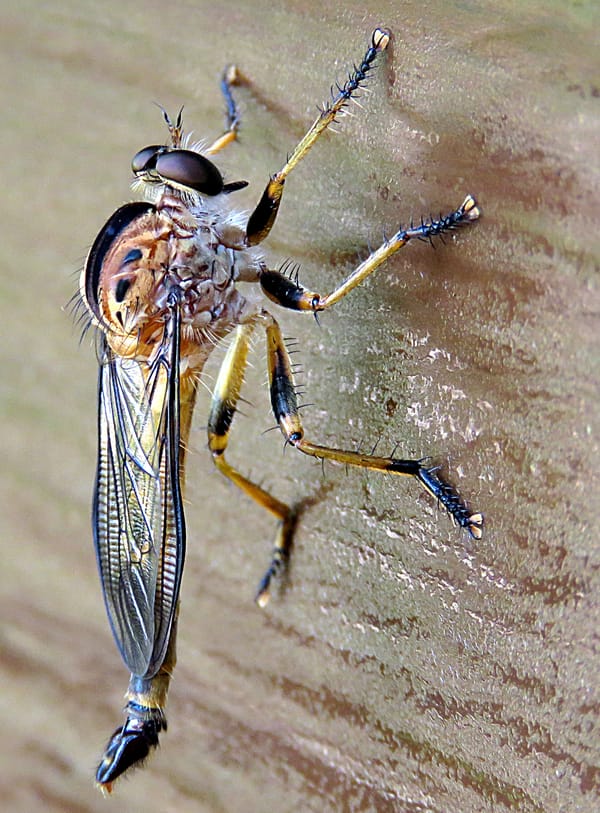The protein paradox
Science Writer Carmen Garcia Sebego on how RNA has provided a new perspective on primate evolution

Human and nonhuman primates have almost identical combinations of genes, yet we humans exhibit far greater cognitive complexity. Scientists have for a long time sought to understand the basis for this but have remained unable to do so. Recently, however, a group of researchers in Israel have found that RNA editing plays a major role in developing higher brain function in humans compared to other primates. This finding constitutes a paradigm shift, redirecting the focus of evolutionary biology from DNA to RNA.
An unexpected side effect of the coronavirus pandemic has been a ribonucleic acid (RNA) revolution. If we were to play a word association game, “RNA” would now likely invoke the response “vaccine” rather than a blank stare. The breakthrough RNA vaccines have raised awareness of this biological molecule, which had not been a household name prior to the pandemic. There is more to ribonucleic acid (RNA) – beyond its pharmaceutical power — it was recently uncovered that RNA was a key agent in our evolutionary history.
The study, conducted by a research team led by Dr Nurit Yaacov at the Chaim Sheba Medical Center, provides a new perspective on primate evolution. Straying from the mainstream glorification of DNA as the force of evolution, the study puts RNA on the main stage. Previously RNA was merely seen as an adaptor that served to communicate DNA’s instructions to make proteins to the cell’s protein-making machinery. Yaacov’s stance is that RNA is much more complex than it is given credit for. The phenomenon that he highlights is RNA editing. RNA is not the obedient messenger it was once thought to be. It has the ability to be rewritten before it directs protein synthesis. Almost like a game of Chinese whispers, where the information is passed along from DNA to RNA to proteins, the whispers warp the information. The outcome is the production of a new protein that may have a different function in the cell. In other words, RNA editing is a means by which the cell escapes the shackles of its limited genes. More RNA transcripts and thus proteins can be produced than are coded for in humans’ surprisingly small genome of around twenty thousand protein coding genes.
Alas, the once overlooked RNA is the key to resolving the paradox that had left scientists stumped for decades - human and nonhuman primates have almost identical genomes, yet humans show more developed behaviour. Evolution is tied to changes in DNA that result in new and adapted proteins. This is why the genetic material of individual species is often a distinguishing feature. We now know that it is possible that humans have evolved higher developmental and cognitive complexity despite having near identical genetic scripts to non-human primates, because changes can occur at the RNA level rather than at the DNA level. RNA editing produces new proteins, while leaving the DNA unchanged.
This was confirmed by Dr Yaacov’s study that compared the levels of editing in human and non-human primates, to ascertain whether there is a relationship between RNA editing and the cognitive capacity of organisms. To identify editing, the composition of the gene’s DNA and RNA molecules had to be compared. Usually, DNA acts as a template from which RNA is made, so they have nearly identical composition. Therefore, differences between them are tell-tale signs of editing. The researchers compared RNA molecules from different species, and found greater levels of editing in humans compared to monkeys and chimpanzees. The molecules that were compared were extracted from the cerebellum, the part of the brain that accounts for half of the brain’s neurons. This region of the brain is responsible for the maintenance of balance and posture, motor learning and cognitive functions. RNA editing results in different variants of the same protein with slightly different amino acid compositions and properties. Over the evolutionary time scale these diverse protein products could undergo natural selection, until proteins with fine-tuned functions emerge. What this suggests, then, is that RNA editing is an agent by which natural selection can drive neural evolution and eventually higher cognitive function.
It seems that science is entering an RNA era, as we realise RNA’s biological significance, from human evolution to therapeutics. Science is turning the page from the DNA chapter that has been vigorously added to and edited by many scientists since the molecule’s discovery in the 1860s. The most recent paragraphs of the RNA chapter have been written by BioNTech and Moderna, the biotechnology companies that developed COVID-19 RNA vaccines. Who will the next authors and contributors be?









